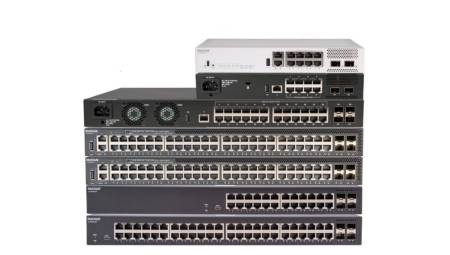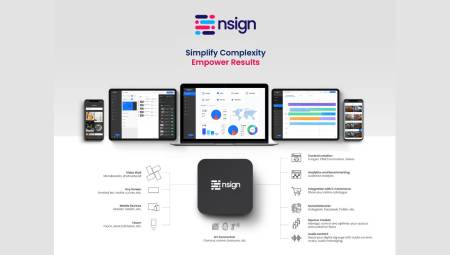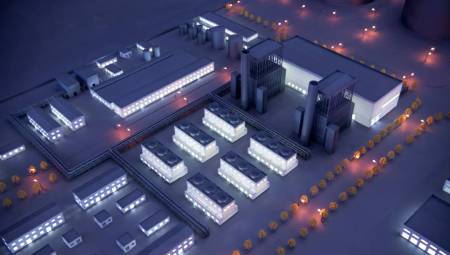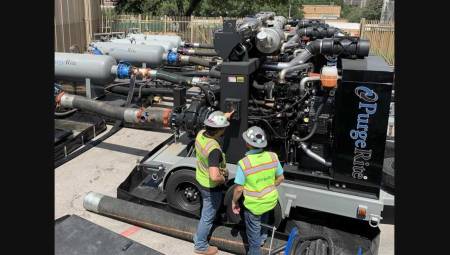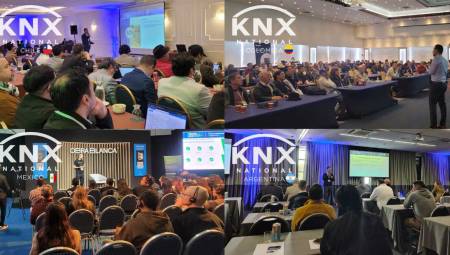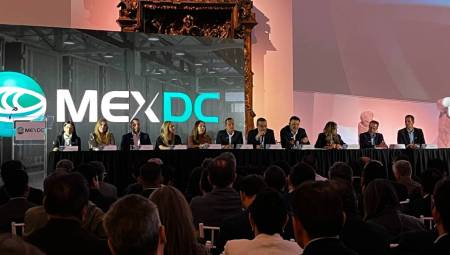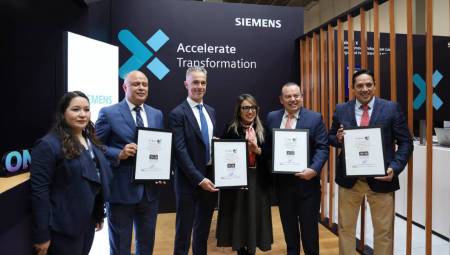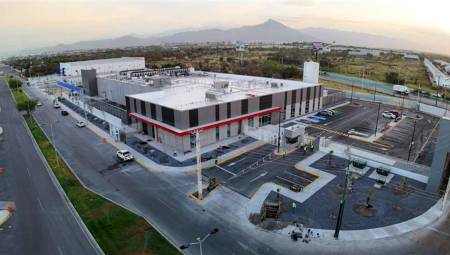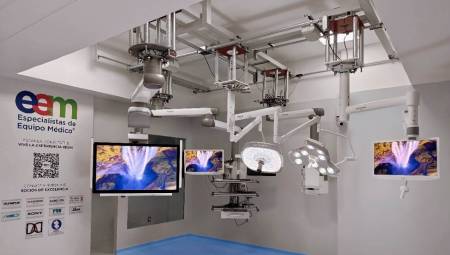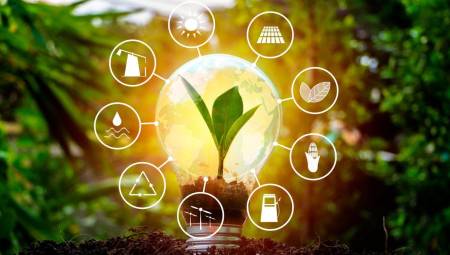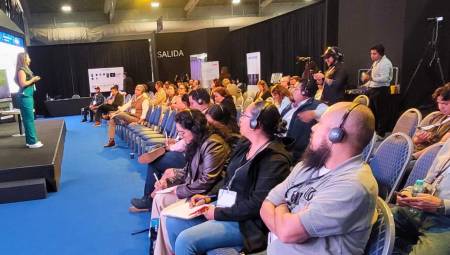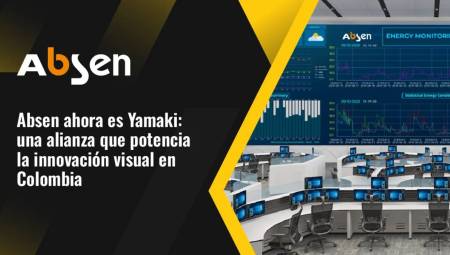Latin America. Electrification is gaining momentum globally as an urgent and strategic response to the challenges of climate change. According to a recent report by Panduit, this step of converting machines and processes that burn fossil fuels to run on electricity is an initiative aimed at building a more sustainable and efficient future.
At the 28th edition of the United Nations Climate Change Conference (COP), held in 2023 in Dubai, the attending countries agreed to triple renewable energy capacity by 2030.
This year's COP30, which will take place in Brazil, will assess progress towards that goal. Electrification allows for wider use of renewable energy, as all renewable energy sources produce electricity.
It is assumed that the path towards an energy and sustainable transformation is driven by the most developed countries. But in fact, according to studies conducted by Statista, Latin America and the Caribbean have one of the cleanest electricity grids in the world. The region produces about 60% of its electricity from green sources, including wind and solar power, but especially hydropower.
In addition, nearly 1,800 renewable energy projects are being developed in the region, with an investment of approximately $113 billion, according to BNamericas figures. In 2023, Mexico generated a significant volume of electricity: the goal is to reach about 525,151 GWh by 2038. However, in 2024, the percentage of electricity coming from low-emission ("clean") sources was around 25%, implying that 75% is still based on fossil fuels according to Ember's Yearly electricity data study.
In this sense, the search for clean energy sources becomes a priority for the country, as the demand for energy continues to increase.
"The reason why electrification is advancing so rapidly today is thanks to technological innovation. Improvements in batteries, electric vehicles, heat pumps, and storage systems have made this transition not only feasible, but strategic," according to Andrew Hammond, Product Marketing Manager for Panduit's Renewable Energy team.
Adopting electrified systems provides greater energy efficiency, which can significantly reduce operating costs. In this sense, investing in electrification allows progress towards sustainability objectives without requiring additional investments, as it serves multiple purposes: savings, energy independence and environmental care.
According to the firm SAS, pioneers in AI, although the implementation of the criteria is not mandatory at the government level, world governments are promoting their adoption, with an environmental focus and all the countries that signed the Paris Agreement are committed to achieving the net Zero goal. On the other hand, SAS points out that in the not too distant future, ESG criteria will have greater relevance and will increase the number of fines for companies that grant loans to companies that are not responsible for the management of resources or are highly polluting.
In many countries, incentives have played a key role in accelerating the adoption of new electrified technologies. However, Panduit highlights that the economic benefits are already tangible even in contexts where governments have not yet implemented policies in this regard.
"Currently, renewables are the cheapest in most markets. This is something new; It used to be more expensive to have green electricity, but not anymore. Now the price is the same or even lower. In addition, where energy is needed most, renewables are the fastest way to meet growing demand," Hammond added.
It's worth noting that Panduit also emphasizes the secondary benefits of electrification, such as end-to-end control. Unlike fossil fuel-based energy systems, electricity can be owned by companies. How they generate, store and use it can be within their control, minimizing environmental impact while reducing operating expenses.
In this regard, Panduit highlights its commitment to the mission of promoting electrification and creating innovative product solutions to enable rapid adoption. "Over the next 5 to 10 years, we hope that as more people understand the benefits of electrification, businesses, communities and households will see this transformation as a way to achieve multiple valuable goals and create a more sustainable future," Hammond concluded.






